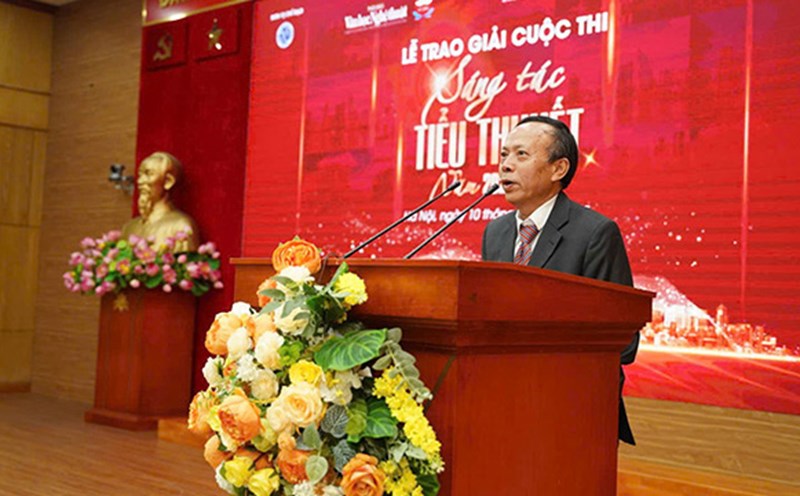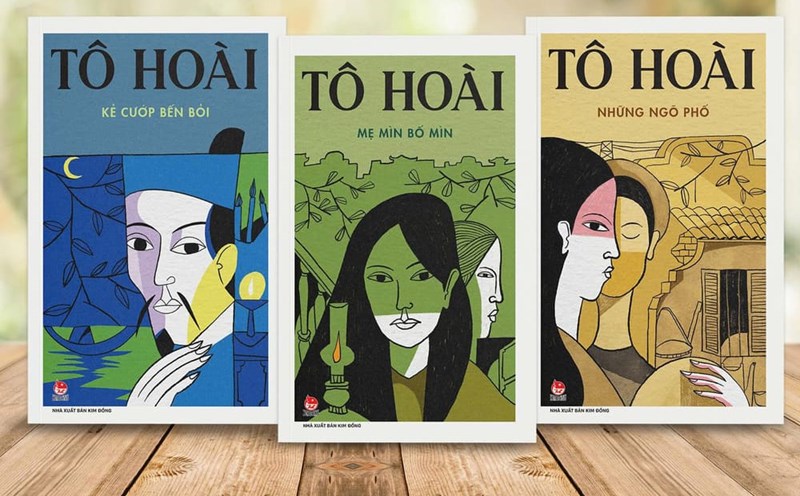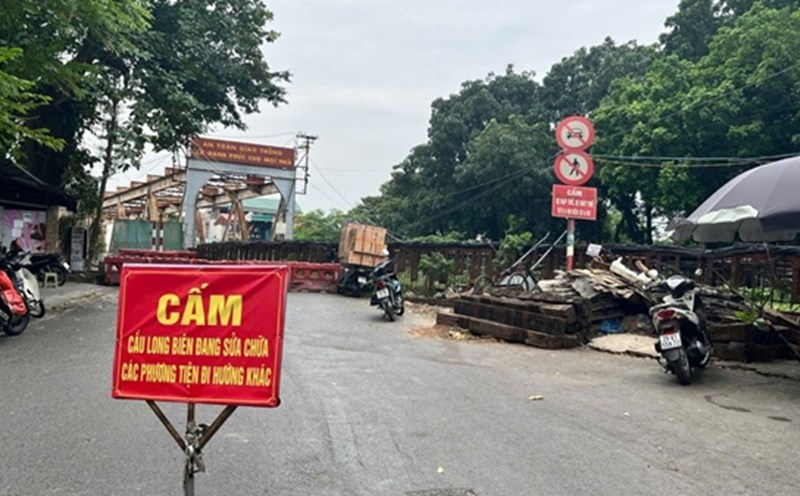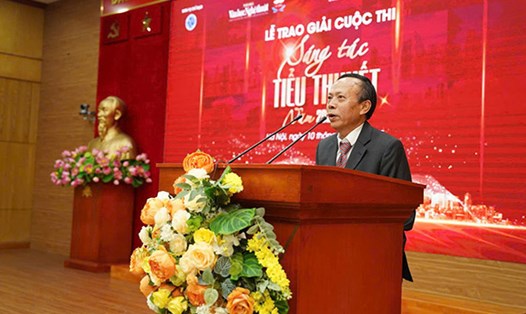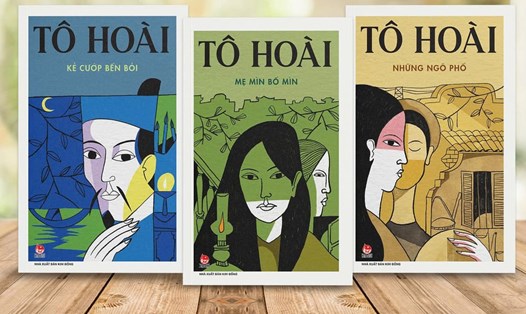Vietnam Women's Publishing House has just released the Vietnamese version of the novel "A request for Katerina" - an outstanding work by Czech writer Arnošt Lustig (1926 - 2011). This is one of the famous psychological novels about Holocaust disasters, which is considered to have timeless mental and moral weight.
Inspired by real events in 2006, "Prayer for Katerina" tells the tragic story of a group of wealthy jewish traders being deceived and murdered by German Socialists. The focus of the work is Katerina Horovitzova - a 19-year-old dancer who has gone through a painful journey of recovery amidst lies, betrayal and war crimes.
From an innocent girl afraid of death, Katerina gradually realized the value of humanity and the right to life of a human being. At her peak, she was the only one who dared to resist the enemy, choosing death to preserve her personality, becoming a symbol of courage and the desire for freedom.

Not only describing Holocaust as a physical disaster, Arnošt Lustig also sees it as a spiritual disaster - where people are manipulated, robbed of trust and dignity.
"Humiliation is the worst thing that people can suffer... I consider humiliation almost equivalent to murder," the writer once wrote. From there, "A request for Katerina" became a warning to humanity about the value of compassion, about the need for memories so that no one forgets what people can do to each other.
The experience of being a victim of Holocaust helps Lustig write with all his understanding and respect for humanity. People who have been to Auschwitz can get out. But Auschwitz will never escape them." That saying is not only personal memories, but also a reminder of the unforgivable spiritual wound of humanity.
Despite his suffering, Lustig still believes in goodness, in "the beauty in the human soul", as he once affirmed: "I return to people because I care about what is good in them, even in the worst of circumstances".
Written in just 12 days and first published in 1964, "A request for Katerina" quickly became a literary phenomenon. The work was made into a TV series of the same name (1965), won first prize at the Monte Carlo Film Festival in 1966, and has been adapted for the stage many times.
As of 2024, the book has been reprinted 14 times, translated into 16 languages and is included in the must- read list for high school students in the Czech Republic.


